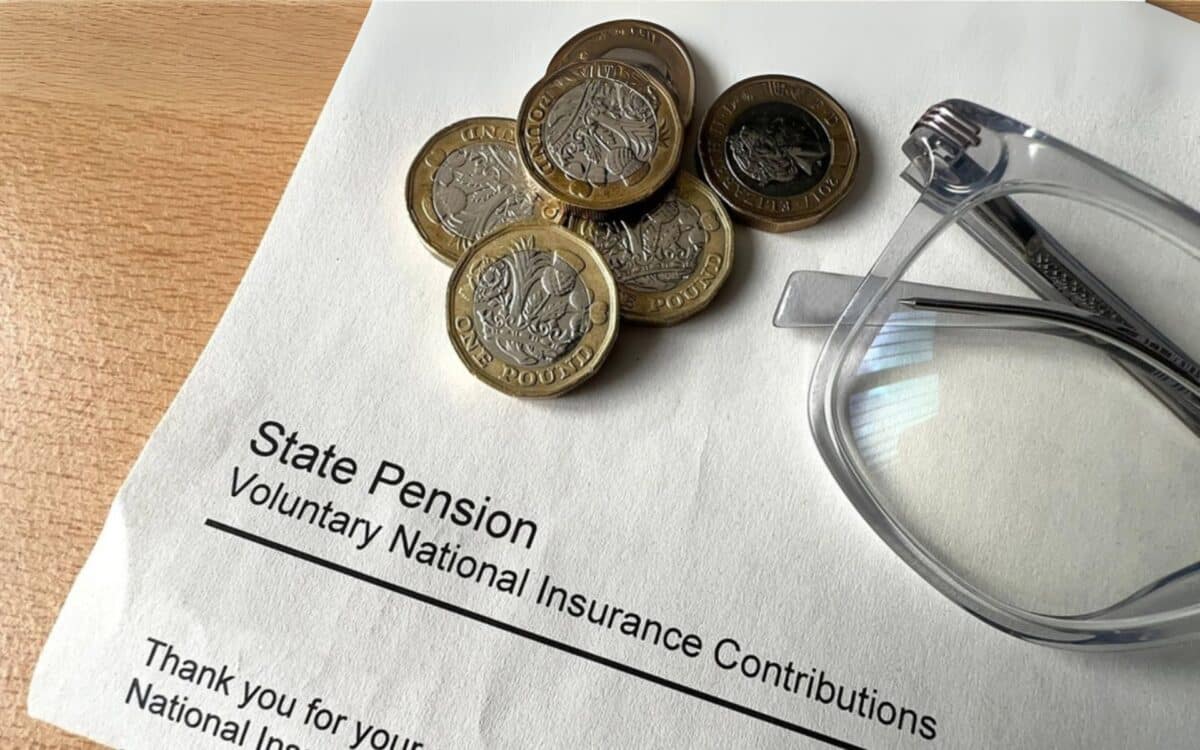Starting in April 2025, the UK state pension will rise by 4.1%, thanks to the triple lock system. However, nearly 453,000 expatriates will not benefit from this increase due to the ‘frozen’ state pension payments in certain countries.
According to DevonLive, this situation highlights the disparities in how pensions are adjusted for those living abroad, with some missing out on significant annual increases that others will receive within the UK. These changes could affect pensioners in various popular retirement destinations.
The Triple Lock Guarantee and Its Impact
The UK state pension is adjusted annually through the triple lock system, which ensures that pensions increase based on the highest of inflation, wage growth, or 2.5%. This year, the increase is based on wage growth, which stands at 4.1%. This will result in an increase of up to £470 for many pensioners.
However, 453,000 expatriates living in countries like Australia, New Zealand, and Canada will not benefit from the increase. Their state pensions are frozen at the rate from when they first emigrated, and they will not see annual increases unless they return to the UK or move to a country with a reciprocal agreement.
Full State Pension Rates for April 2025
For those eligible for the full new state pension, the amount will rise from £221.20 per week (£11,502 annually) to £230.30 per week (£11,975 annually), marking a yearly increase of £473. The full basic state pension will rise from £169.50 per week (£8,814 annually) to £176.45 per week (£9,175 annually), an annual increase of £361.
William Cooper, Marketing Director at William Russell, explained :
Expats are eligible to claim a UK State Pension, provided they have accumulated sufficient qualifying years of National Insurance contributions. This varies depending on when you first started working, but a good rule of thumb for a full state pension means at least 35 years of paying National Insurance in the UK.
He continued:
The pension can be paid to you regardless of where you live, but it’s crucial to understand how living abroad may affect the amount and any potential increases. If you reside in certain countries, typically those with a reciprocal social security agreement with the UK, your State Pension may still increase each year as it would if you were in the UK. However, in other countries, the pension may be ‘frozen’ at the rate it was first paid.
Cooper also advised :
For those considering transferring their pension abroad, it’s essential to explore options like a Qualifying Recognised Overseas Pension Scheme (QROPS), which may offer tax advantages or more flexibility.
Always seek guidance from a financial advisor with international expertise to navigate currency fluctuations, tax implications, and local pension regulations.
Countries With Reciprocal Social Security Agreements
Pensioners living in countries with a social security agreement with the UK will continue to see their state pensions rise. These countries include :
EEA Countries and Switzerland
- Austria
- Belgium
- Bulgaria
- Croatia
- Cyprus
- Czech Republic
- Denmark
- Estonia
- Finland
- France
- Germany
- Greece
- Hungary
- Iceland
- Ireland
- Italy
- Latvia
- Liechtenstein
- Lithuania
- Luxembourg
- Malta
- Netherlands
- Norway
- Poland
- Portugal
- Romania
- Slovakia
- Slovenia
- Spain
- Sweden
- Switzerland
Countries the UK Has a Social Security Agreement With
- USA
- Barbados
- Bermuda
- Bosnia-Herzegovina
- Gibraltar
- Guernsey
- the Isle of Man
- Israel
- Jamaica
- Jersey
- Kosovo
- Mauritius
- Montenegro
- North Macedonia
- the Philippines
- Serbia
- Turkey









